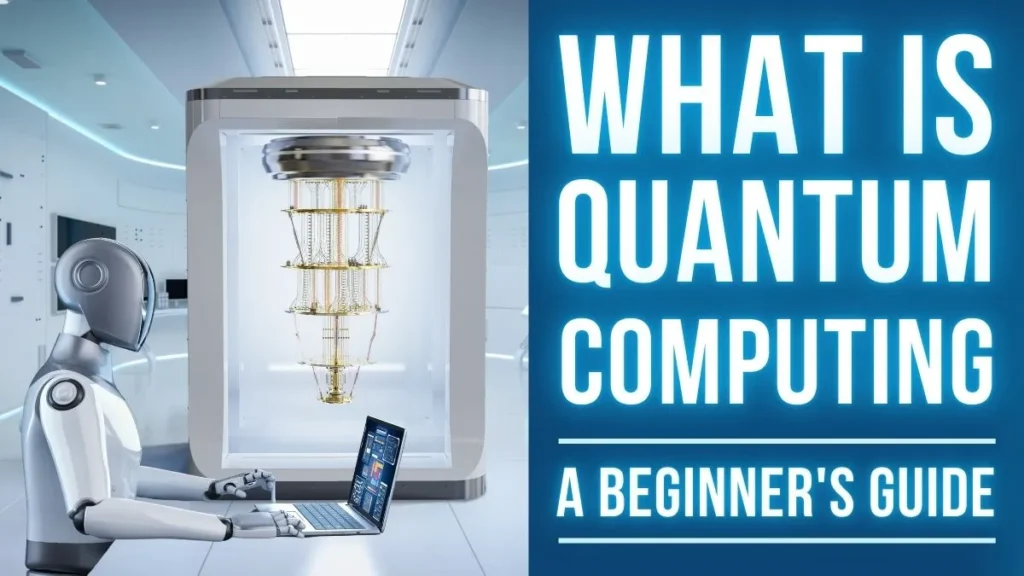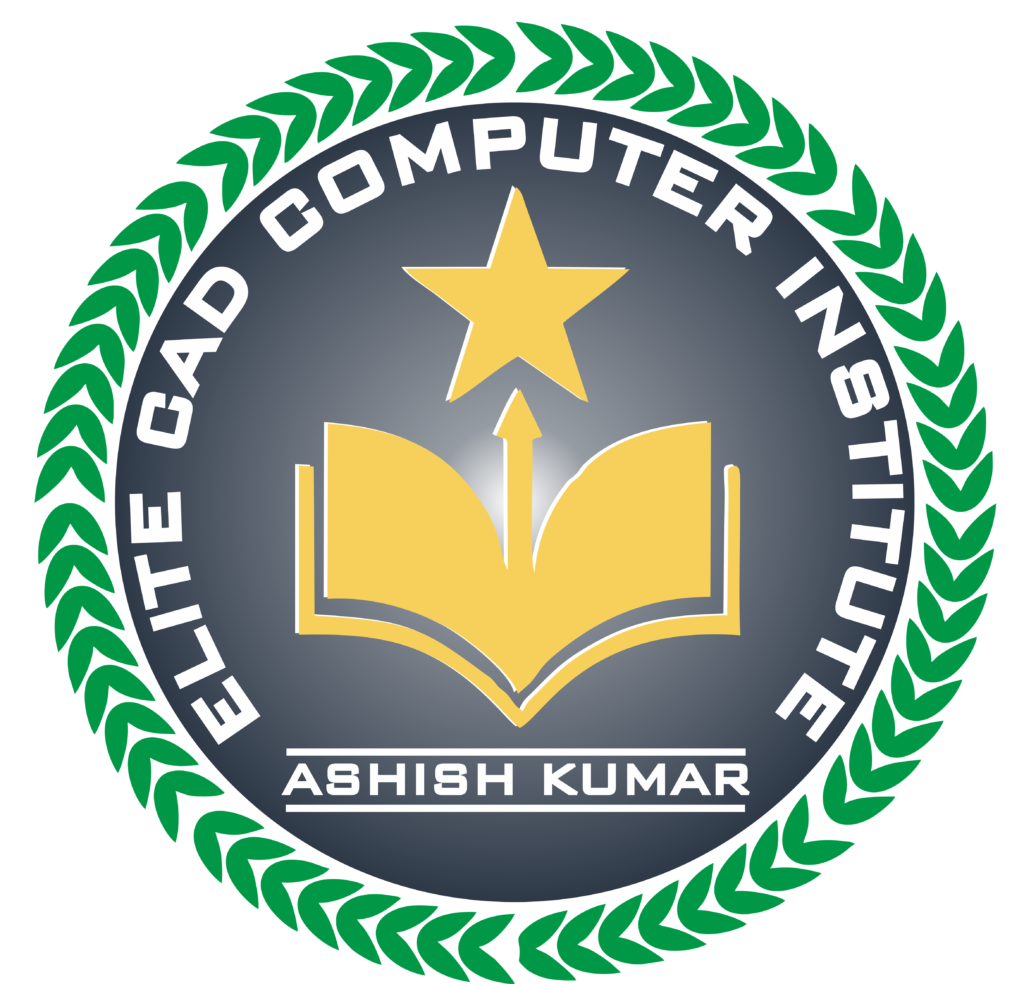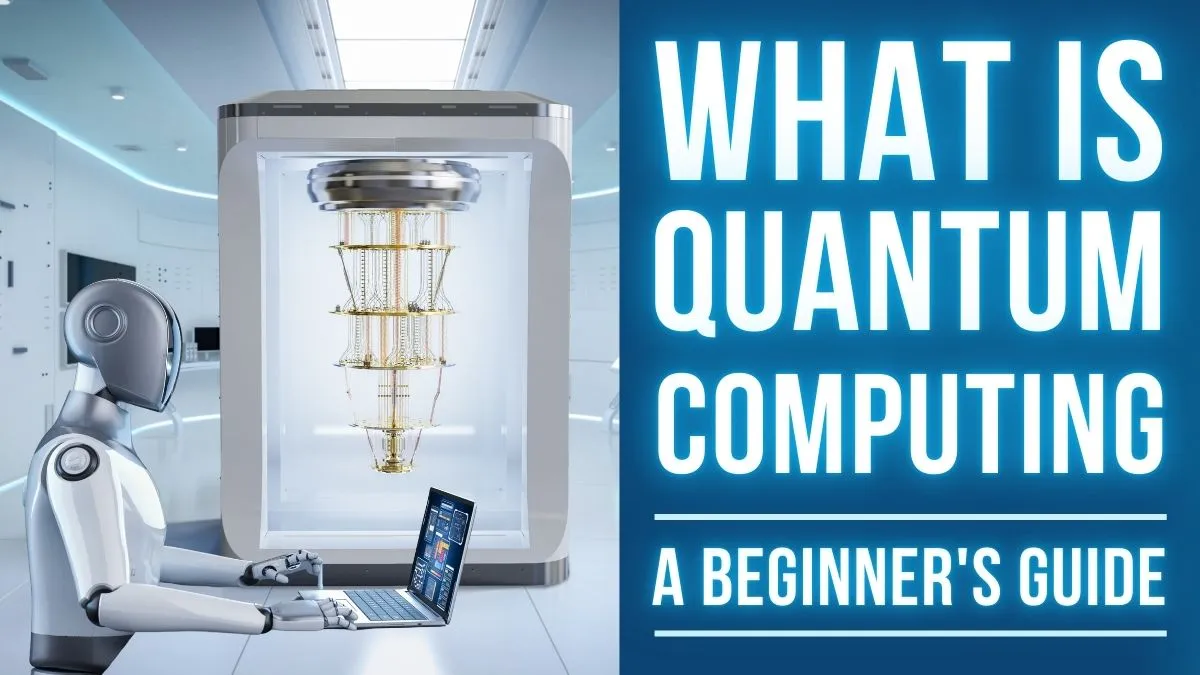Technology can never be same, it always emerging and upgrading itself. As students become more comfortable with programming, artificial intelligence, and data science, more new field is gaining widespread attention and quantum computing in one of them in current era. But what exactly is quantum computing? Is it only for scientists with PhDs in physics, or a school students can start learning it now to prepare for future opportunities? Let’s explore this topic and its exciting field step by step.
Let’s Discover the basics of quantum computing explained for beginners. We will Learn how it works, why it matters to us, and whether students should start learning quantum computing now for future career opportunities or not.

Table of Contents
What is quantum computing?
First of all, It is a new type of computing that uses the laws of quantum mechanics. It is mainly the science of very small particles like atoms and electrons. Unlike classical computers, which use binary coding like bits (0 or 1), quantum computers use qubits, which can be 0, 1, or both at the same time refer to superposition property.
This gives quantum computers the ability to process vast amounts of data very easily and in very short time and can solve complex problems much faster than classical computers.
What is the Differences between Classical and Quantum Computers
| Feature | Classical Computers | Quantum Computers |
| Basic Unit | Bit (0 or 1)- Binary Code | Qubit (0, 1, or both) |
| Processing | Sequential and consecutive | Parallel (many possibilities at once) |
| Best For | Daily use (games, office work, browsing) | Complex problems (cryptography, simulations, AI) |
| Speed | Limited by processors | Can be exponentially faster |
| Example | Laptop, Desktop, Smartphone | Google Sycamore, IBM Quantum, D-Wave |
How does a quantum computers work?
Quantum computers depend on three key principles of quantum mechanics:
- Superposition – A qubit can exist in multiple states generally 0 and 1 at the same time.
- Entanglement – Qubits can be linked, so changing one can instantly affect another.
- Interference – Quantum computers use interference to amplify correct answers and cancel out incorrect answers.
Together, these allow quantum computers to solve very complex problems easily that would take classical supercomputers thousands of years to solve.
Applications of Quantum Computers.
Even though quantum computers are still under development, industries are already exploring their applications wisely:
- Cryptography: Breaking traditional encryption and creating quantum-safe security.
- Artificial Intelligence: Faster training of machine learning models.
- Healthcare: Drug discovery and protein folding simulation.
- Finance: Optimizing stock market predictions and fraud detection.
- Logistics: Route optimization for airlines, delivery services, and supply chains.
- Climatology: Simulating molecules and more accurately predicting weather.
Should students start learning now?
This is the most important question that student should start learning this or not, Here’s a balanced approach:
Reasons to start learning now
- Future-ready skills: Tech giants like Google, IBM, and Microsoft are already investing heavily in quantum computers.
- Career opportunities: Demand for experts in quantum algorithms, quantum programming, and quantum hardware is growing.
- Early advantage: Students who start now will be ahead of the curve until the industry matures.
- Interdisciplinary learning: Quantum computing combines physics, computer science, and mathematics, building strong analytical skills.
Reasons to wait for some students
- Complexity: Requires strong knowledge of linear algebra, probability, and quantum physics.
- Limited jobs (for now): Most quantum computing jobs are still in research and specialized companies.
- Equipment is evolving: Quantum hardware and software are still evolving.
How can students start learning quantum computing?
You don’t need a PhD to get started. Many beginner-friendly resources are available:
- Step 1: Build the Basics
- Learn math: linear algebra, probability, and complex numbers.
- Learn physics: Basic concepts of quantum mechanics.
- Learn programming: Python is the most common language used.
- Step 2: Explore quantum programming
- Qiskit (by IBM) – Open-source Python framework for quantum programming.
- Cirq (by Google) – Library for building and testing quantum circuits.
- Microsoft Q# – A language designed for quantum computing.
- Step 3: Take online courses
- IBM Quantum Experience (free)
- Microsoft Learn: Quantum Computing
- Coursera, edX, and Udemy offer structured courses.
- Step 4: Experiment with quantum simulators
- IBM Quantum Cloud – Access real quantum computers for free.
- Google Quantum Playground.
Career Opportunities in Quantum Computing
Still growing, quantum computing careers are highly rewarding:
- Quantum Software Developer
- Quantum Hardware Engineer
- Quantum Algorithm Researcher
- Data Scientist with Quantum Expertise
- Cryptography and Security Specialist
- Academic Researcher/Professor
Salary packages in this field are high due to the specialized knowledge required.
The Future of Quantum Computing
By 2030, experts predict that quantum computing will be a mainstream industry worth billions of dollars.
Governments around the world (including India, the US, the EU, and China) are investing heavily.
Students who start learning now will be the first generation of quantum computing professionals.
Final Verdict: Should Students Learn Quantum Computing Now?
Yes, but step by step. Students don’t need to master it overnight, but building a foundation now will open up greater opportunities later.
- For 10th-12th grade students: Focus on the basics of math, physics, and coding.
- For college students: Explore beginner-friendly quantum programming tools.
- For career-focused learners: Consider advanced certifications and research.
Quantum computing isn’t just the future—it’s slowly becoming the present.
Disclaimer
This article is for educational purposes only. It does not guarantee career placement or industry readiness. Quantum computing is still an evolving field, and students are advised to combine it with traditional computer science skills for balanced growth.
Related Learning Opportunities
Want to learn more about cutting-edge computer courses to build your career?
Visit 👉 Elite CAD Computer Institute
Read More:


1 thought on “Quantum Computing for Beginners: Should Students Learn It Now in 2025?”